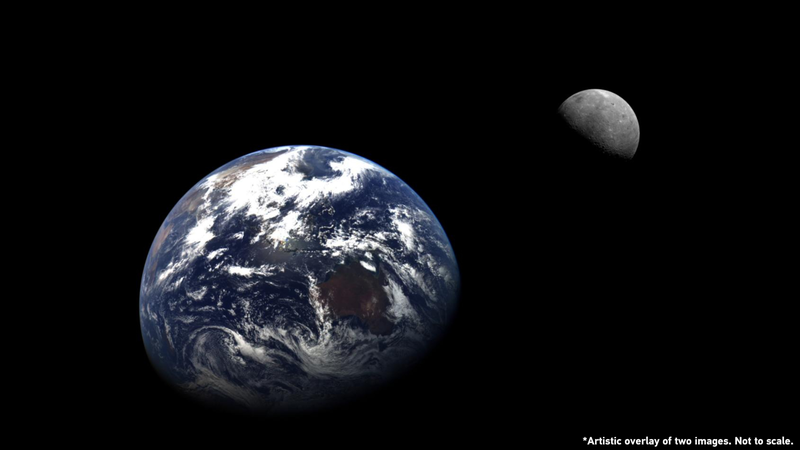When China's asteroid probe Tianwen-2 swung its cameras homeward, the result was nothing short of breathtaking. On Tuesday, the China National Space Administration (CNSA) unveiled two striking snapshots: a luminous blue Earth and the cratered face of the moon.
The images came courtesy of the probe's narrow-field-of-view navigation sensor—a precision instrument designed to guide Tianwen-2 as it charts a course toward its deep-space target. By locking onto familiar celestial landmarks, the sensor not only captured stunning visuals but also confirmed its strong functional performance.
For young explorers, tech innovators, and space fans around the world, these photos offer more than just eye candy. They showcase the cutting-edge technology powering 21st-century missions and hint at the next chapter in humanity's quest to unlock our solar system's secrets. As Tianwen-2 pushes on toward its asteroid rendezvous, the mission reminds us how data-driven insights and bold engineering come together to turn science fiction into science fact.
What will tomorrow's space explorers see from their vantage point millions of kilometers from home? One thing is certain: every pixel brings us closer to understanding our place in the cosmos.
Reference(s):
cgtn.com




